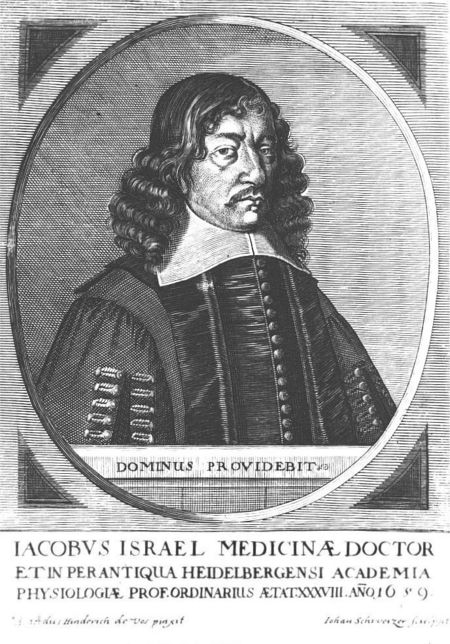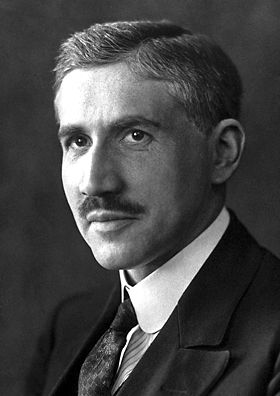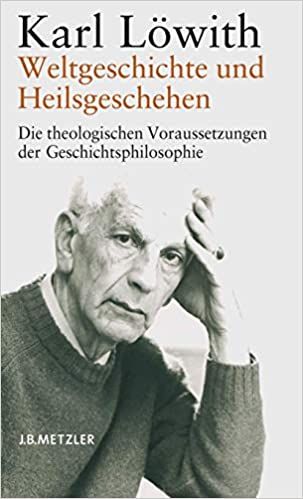Jacob Israel (1621-1674)
Jacob Israel (1621 - 1674) is the only Jew who became a professor and even rector at a German university in modern times without converting.
He was hired in March 1651 as Stadtphysikus (city physician) in Heidelberg, responsible for public health and hygiene in Heidelberg. In December 1652, he was appointed professor at the university by Elector Karl Ludwig. He taught physiology, anatomy, and surgery, and from 1672 medical practice, pathology and pharmaceutics. In 1658 he held the office of secondary rector of the university (the rector was, so to speak, "honoris causa" a Count v. Nassau-Saarbrücken), and in 1662, 1670, and 1673 that of a rector.
In 1665 he was appointed by the Elector as Surgeon General and Overseer in the hospitals of the Sapienz College and the orphanages at Handschuhsheim and Mannheim.
Jacob Israel organized public dissections of human bodies for an entrance fee and enforced the ban on pig keeping in the city of Heidelberg.
He lived at Dreikönigstraße 10, where his widow is still mentioned until 1686.
The professorship of the Jewish physician Jacob Israel remained an isolated case and did not mean the opening of the university to Jews as teachers or students.
It was not until 1724 that the first Jewish student was enrolled in Heidelberg: Seligmann Elkan Heymann Bacharach from Mannheim.



